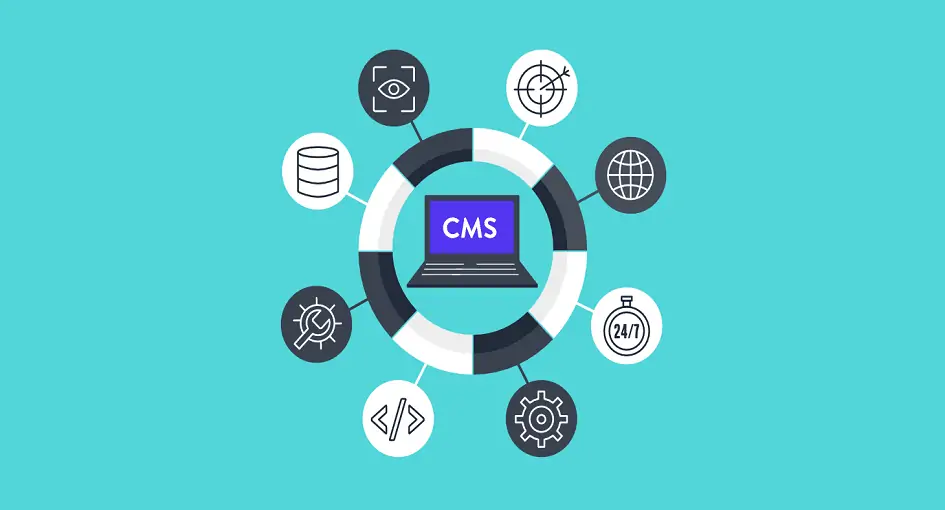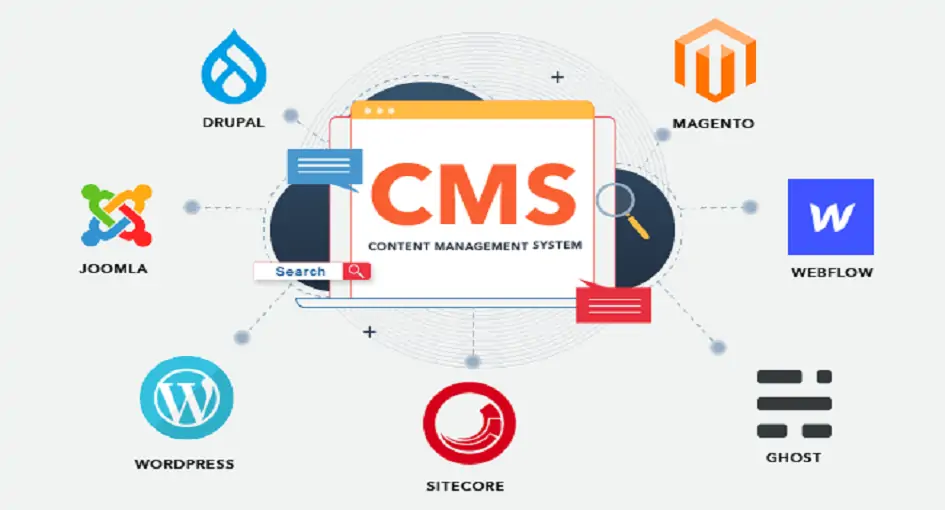Content Management: Strategies and Tips from Industry Experts
Content is one of the most significant aspects of the digital age we live in. Whether it’s podcasts, videos, blog entries, or social media updates, businesses depend on engaging content to develop their audience, increase brand recognition, and stimulate sales. Effective content management, however, calls for meticulous preparation, structuring, and implementation.
Modern businesses depend heavily on content management since it affects many areas of operations, marketing tactics, and customer interaction. In addition to ensuring compliance and data-driven insights, it also guarantees lead creation, audience engagement, search engine visibility, brand consistency, and customer experience. Companies can maintain brand standards and improve brand recognition by centralizing content creation, distribution, and governance. By creating and distributing valuable, relevant information that connects with their audience, businesses can foster consumer loyalty and establish trust. This is made possible through effective content management.
A vital component of content management process is search engine visibility, which affects a business’s exposure and position on search engine results pages (SERPs). Businesses may raise their search engine results and draw in organic visitors to their websites by producing excellent, optimized content. In addition to acquiring qualified leads, building relationships, and assisting prospects in moving through the sales funnel, content is a potent instrument for lead generation and conversion.
Another important advantage of content management is the improvement of the customer experience, which promotes engagement, long-term partnerships, and increased customer satisfaction. Collaboration and knowledge exchange within companies are also crucial for facilitating effective content production, access, and sharing.
Content management is crucial for regulated businesses to guarantee adherence to industry, legal, and regulatory requirements. Organizations may assess the success of their content strategy, spot areas for optimization, and make data-driven choices by monitoring and evaluating content performance.
This post examines content management techniques and offers advice and insights from professionals in the field to help you optimize your impact and your workflow.

Understanding Content Management:
The production, arrangement, dissemination, and evaluation of material across a range of platforms and channels are all included in CMS content management system. Producing high-quality content is only one aspect of effective content management near me; other factors include making sure the content is accessible, relevant, and consistent for the intended audience.
The following are some crucial elements of content management:
Content Creation:
The process of coming up with concepts, creating assets, and crafting engaging content for dissemination is known as content production. Industry experts stress that while creating content, it’s critical to know your audience, do your homework, and stick to your brand’s voice and aesthetic.
Content Organization:
To make it easier to retrieve, reuse, and repurpose material assets, content organization entails organizing and classifying them. Putting in place a strong taxonomy and metadata architecture will aid in efficiently classifying content assets and enhance discoverability and searchability.
Content Publication:
Publishing material entails disseminating it through a variety of platforms and channels in order to reach the intended audience. Industry insiders emphasize that in order to guarantee timely and pertinent content delivery, strategic planning, scheduling, and collaboration are essential.
Content Analysis:
Measurement and evaluation of the effectiveness and impact of content efforts are part of content analysis. Key performance indicators (KPIs) offer important insights into the effectiveness of content and the behavior of the audience. Examples of KPIs include website traffic, engagement metrics, conversion rates, and social media analytics.
Content Management Strategies and Tips:
1. Develop a Content Strategy:
Create a thorough content strategy that fits your organization’s objectives, target market, and brand identity before you start creating content. Establish your goals, messaging, and target audiences. Then, create a content calendar to help you stay on track.
2. Invest in High-Quality Content:
An effective content management system starts with high-quality content. Make an effort to provide information that is useful, educational, and pertinent to the needs and interests of your audience. To improve engagement and accommodate various learning styles, think about implementing multimedia components like infographics, movies, and interactive content.
3. Implement a Content Management System (CMS):
Effective collaboration and content governance are made possible by a strong CMS, which optimizes the processes involved in content generation, editing, and publishing. To optimize a CMS’s efficacy, select one that satisfies the needs of your company in terms of scalability, integration, and assistance for users.
4. Embrace Content Repurposing:
Repurposing content entails repurposing preexisting content assets in various formats and channels. For optimal effect and efficiency, industry experts advise routinely assessing your content inventory and looking for chances to repurpose content.
5. Optimize for SEO and Accessibility:
To increase exposure and organic search ranks, incorporate search engine optimization (SEO) best practices into your content management strategy. Additionally, by adhering to online accessibility standards and rules, make sure that your content is viewable by all users, including those with impairments.

6. Foster Collaboration and Communication:
An expert content manager encourages teamwork and communication. To help team members communicate and work together more effectively, clearly define roles, duties, and workflows. You can also use collaboration tools and platforms. Promote a culture of creativity and constant development by welcoming comments and idea exchanges.
7. Monitor and Measure Performance:
Utilize pertinent statistics and metrics to track and evaluate the success of your content projects on a regular basis. Examine data insights to find patterns, chances, and places that need work. Then, modify your content strategy to maximize outcomes.
8. Stay Agile and Adaptive:
Staying ahead of the curve in today’s fast-paced digital landscape requires agility and adaptation. As market trends, audience preferences, and business objectives change, be ready to experiment, iterate, and pivot as necessary.
Conclusion: Organizations seeking to engage their audience, increase traffic, and accomplish their business objectives must practice effective content management. You may optimize your content initiatives and optimize your workflow by embracing best practices, utilizing technology, and putting strategic strategy into effect. You may successfully traverse the challenges of content management systems and accomplish your content goals by using the tactics and advice provided by professionals in the field.


